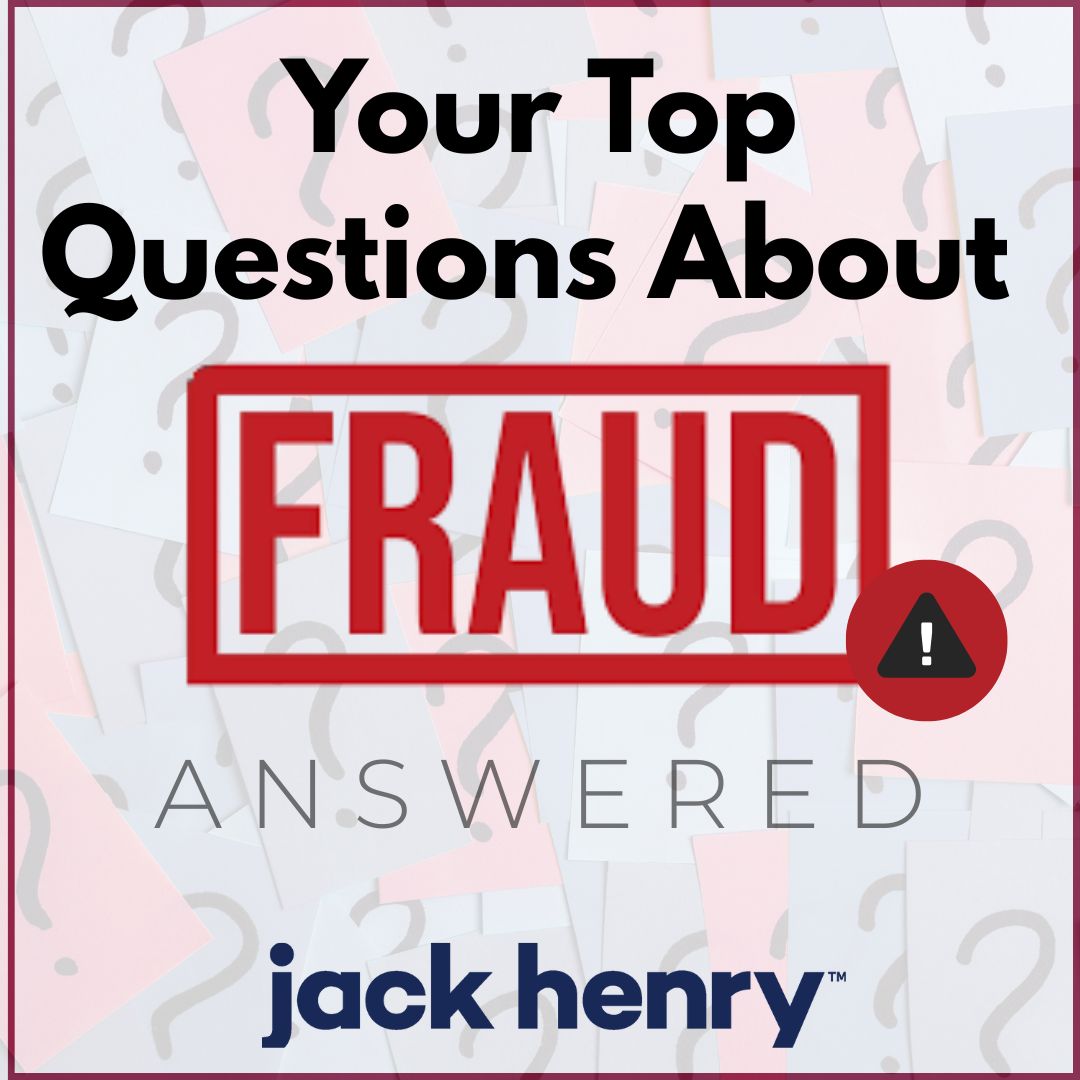
Your Top Questions About Fraud – Answered
Fraud can happen fast. These simple tips can help you stay safe and in control.
What’s the difference between fraud and scams?
Fraud is any trick to steal your money or personal information. Scams are just one type, and they often look like texts or emails that seem legitimate.
What are the most common types of fraud?
Account take-overs, identity theft, credit card fraud, phishing emails, and even fake investments.
What kinds of scams should I watch for?
Peer-to-peer payment requests, fake sellers, tech support scams, impersonators, and romance scams. Only send money to people you know and double-check before you click.
How can I spot fraud before it happens?
Trust your gut. If something feels rushed, strange, or too good to be true, stop! Don’t click suspicious links or send money to people you don’t know!
What’s the best way to protect my financial information?
Keep account numbers and login details private. Use strong, different passwords for every account and change them often.
What can I do to protect my online and mobile banking?
Turn on multi-factor authentication. Keep apps updated Use private networks, not public Wi-Fi. Turn on card controls to freeze your card fast if needed.
How can I tell if a call, text, or email is legitimate?
If someone asks for your PIN or account number, it is not us. When in doubt, hang up or delete the message and call us directly.
How often should I check my accounts?
Every day, if you can. A quick look can help you catch something suspicious before it becomes a bigger problem.
Should I use credit monitoring?
Yes. It can help you catch new accounts or credit changes tied to your name and alert you after a data breach.
How can I tell if a website is fake?
Watch for small mistakes in the URL, no padlock or HTTPS, bad design, or spelling errors. When in doubt, don’t enter your personal details.
What should I do if I think I am a victim of fraud?
Call your local Stillman Bank office right away. We are here to help you figure out what happened and what to do next.

